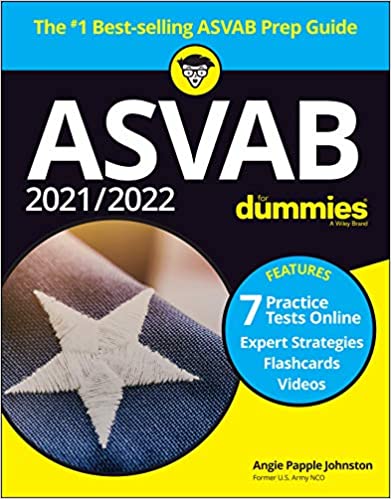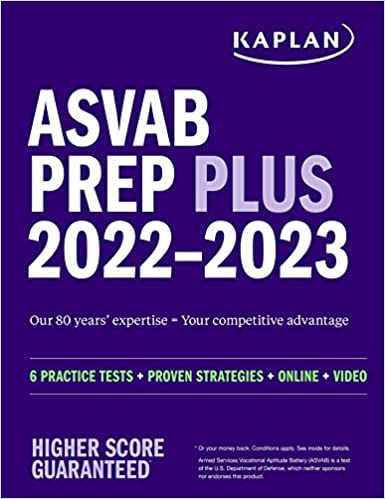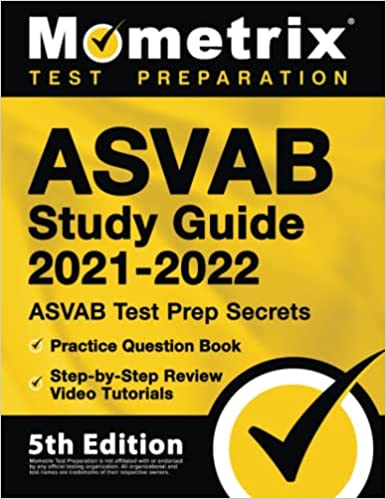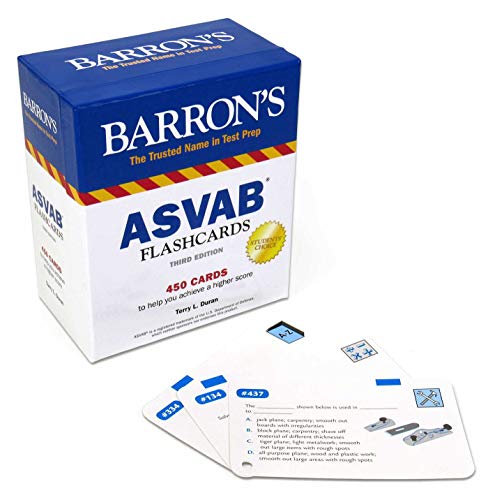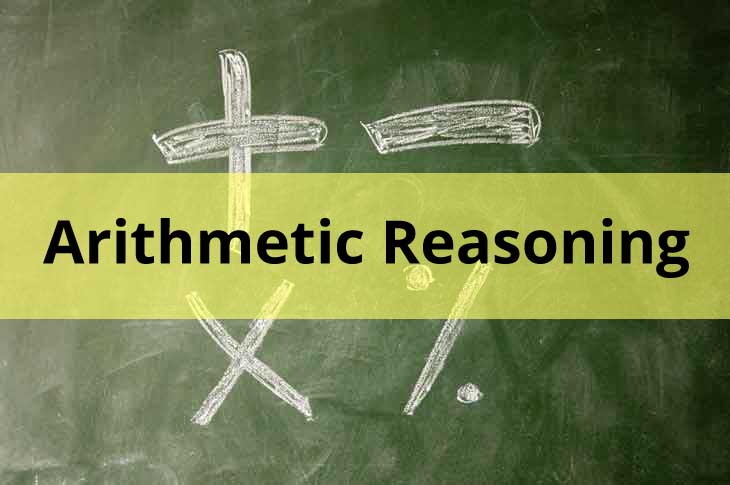
Arithmetic reasoning refers to the process of solving math word problems – you know those questions you had in elementary, middle and high school that might involve two trains traveling at different speeds or determining how many different pieces of fruit Tommy brought home from the grocery store.
Whether you enjoy these types of problems or dread them, there is a process you can use to make solving them quicker and easier.
And it is important that you answer as many of these questions correctly as you can – the Arithmetic Reasoning subtest of the Armed Services Vocational Aptitude Battery is part of the Armed Forces Qualification Test (AFQT) score which determines your eligibility for military service. Your Line Score is a composite score that the various military branches use to determine what jobs you qualify for.
The Test
Your test administrator will provide you with scratch paper and a number two pencil for this portion of the ASVAB. Calculators are not allowed.
If you are taking the pencil-and-paper test, you will 36 minutes to answer 30 questions and if you are taking the computer version, you will have 39 minutes to answer 16 questions.
The Content
The Arithmetic Reasoning Subtest is composed of math word problems. That means you must pay attention not only to the numbers in the problem but also the wording, the paragraph format, buzzwords and more.
Keep in mind this subtest is called Arithmetic Reasoning for a reason – you will have to solve a math problem using addition, subtraction, multiplication or division but you will also have to use reasoning skills to figure what is really being asked for and the best way to obtain that answer.
Answering Word Problems
Here are the steps to answering the questions in the Arithmetic Reasoning Subtest correctly.
- Thoroughly read the problem
During a timed test, our inclination is to rush through each problem afraid that we’ll run out of time. Doing that in this particular part of the exam can be a recipe for disaster. Word problems can be tricky, so you have to carefully read each to discern exactly what is being asked for.
- Determine the question
After reading the problem, the next step is to determine exactly what the question is asking.
- Determine how to answer that question
In this step, you’ll need to look back at the problem and determine the best way to answer the question it is asking. This step will involve extracting the relevant facts from the problem.
- Create an equation or equations
Once you have determined the best way to provide the answer and have gathered the relevant facts, you need to put those facts into an equation that will give you the correct answer.
- Solve and review
In this final step, you will solve your equation or equations, do a quick review to make sure you have arrived at an answer that satisfies what the question is looking for and then record your answer.
Additional Test Tips
Look for “buzzwords”
These words or phrases of emphasis can let you know what type of equation you will need to solve the problem. For example, if a problem mentions “less than” or “fewer” or “minus” there’s a good chance you may need to use subtraction and if it uses words like “more than” or “more” or “add” you may need to use addition. Just be sure to carefully read the problem and very often the wording of the problem itself will clue you in on the direction you need to take.
Dealing With Numbers
Word problems can be simple, in which you only need to add two numbers together, or they can be complex involving numerous numbers and numerous operations. The key to solving either type of question is to pay close attention to the numbers. Be sure to keep them in the right order and to use them in the correct manner. Remember, rushing through a problem can lead to unnecessary mistakes. You want to be extra careful with the numbers.
Paragraph Format
Many word problems may contain extra verbiage that serves no real purpose other than to distract you from the real question being asked. You must learn to disregard this extra information and focus in on the facts that will get you the answer to the problem. Don’t be afraid to “filter out” unnecessary information. Just because something is contained in a word problem doesn’t mean that it is important and must be considered.
Preparing to Ace The Arithmetic Reasoning Section of the ASVAB Test
One of the best things you can do to prepare to score high on Arithmetic Reasoning is take practice tests like those offered here.
These practice questions will give you the opportunity to answer questions similar to what will be on the test in a timed atmosphere that is also similar to the actual test experience.
Additional techniques you may want to consider using to boost your score include:
- Remember after reading the problem to disregard unessential information and focus in on only the important facts
- If you run into a problem that stumps you, skip it and then come back to it if you have time. Because this is a timed test, it’s better for you to answer the questions you can quickly and then work back to the ones that are more difficult to make better use of the available time.
- Stay calm. More than likely you are going to run into a problem or problems that are difficult. You can’t let this throw you off your game. Letting a question take too much of the available time or letting it affect your approach to subsequent questions can lead to a poor score.
Arithmetic Reasoning is an important part of the ASVAB both in regards to your AFQT score and what jobs you qualify for – so be sure to study math word problems extensively before taking the test. Take our practice test now and see where you stand – you may already be a wiz at solving these problems or you may need more practice … our practice test can help you determine where you stand.
ASVAB Study Guides
Using the right ASVAB study guide is essential to ensure the best possible outcome when preparing for the exam.
